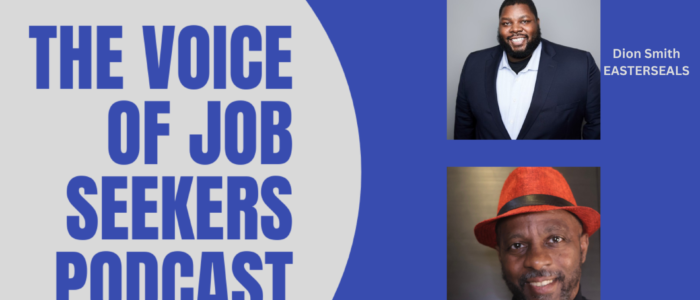
In recent years, many people have benefitted from informational interviews. Such discussions can increase their connections with people who can provide information and potentially directly influence their career success.
An informational interview infuses purpose into networking. It creates a personal resource and helps job seekers or career changers land a career, job, or company. Lee Hecht Harrison, a well-known career management company, reports that one of 25 informational interviews leads to a job offer.
We know networking is critical for job seekers. It helps get referrals for jobs and insider intel about a company. Through networking, you create deep connections. And the right people can provide first-hand experiences about how to succeed.
Informational Interviews Are For Everyone
Job seekers in any career stage can use this strategy as part of their overall job search. College students should take advantage of their career services center. They can connect with alumni in their industry and start having these conversations. By asking the right questions, they can make informed decisions to either change majors or ramp up their interests and activities in their current major.
A seasoned professional changing careers can also make use of the informational interview. Whether making a job change or an industry change, they will benefit from knowing whether there is a culture fit with a company they are interested in.
For both the new student and the experienced professional, the informational interview may lead to introductions to key people. By talking to enough people, they can navigate the unknown in their target industry and get referrals.
What Are Informational Interviews?
Informational interviews — also called informational meetings — are business conversations with a 180-degree approach to the traditional job interview. The job seeker, who aspires to advance their career or make a career change, becomes the interviewer and talks to industry professionals about their experiences in an industry, a job, or a company. The goal is to gather information to become more informed, succeed, and meet people who can help them move forward.
In an informational interview, you’re not asking for a job or an interview. The purpose is to gather more information about the industry, tools, and strategies needed to succeed. The more informational interviews (or business conversations) you have, the more knowledge you will gather about an industry.
Someone learning a new skill might be interested in how many ways they could use it and learn about the additional training they need. In an informational interview, they should center questions around:
- Additional resources
- Other people they should know
- Career options for using their newly learned skills
If the conversation takes place during a training program, they can find out how people are working and the expectations within the industry.
Read the rest of my article at Lensa.com.

